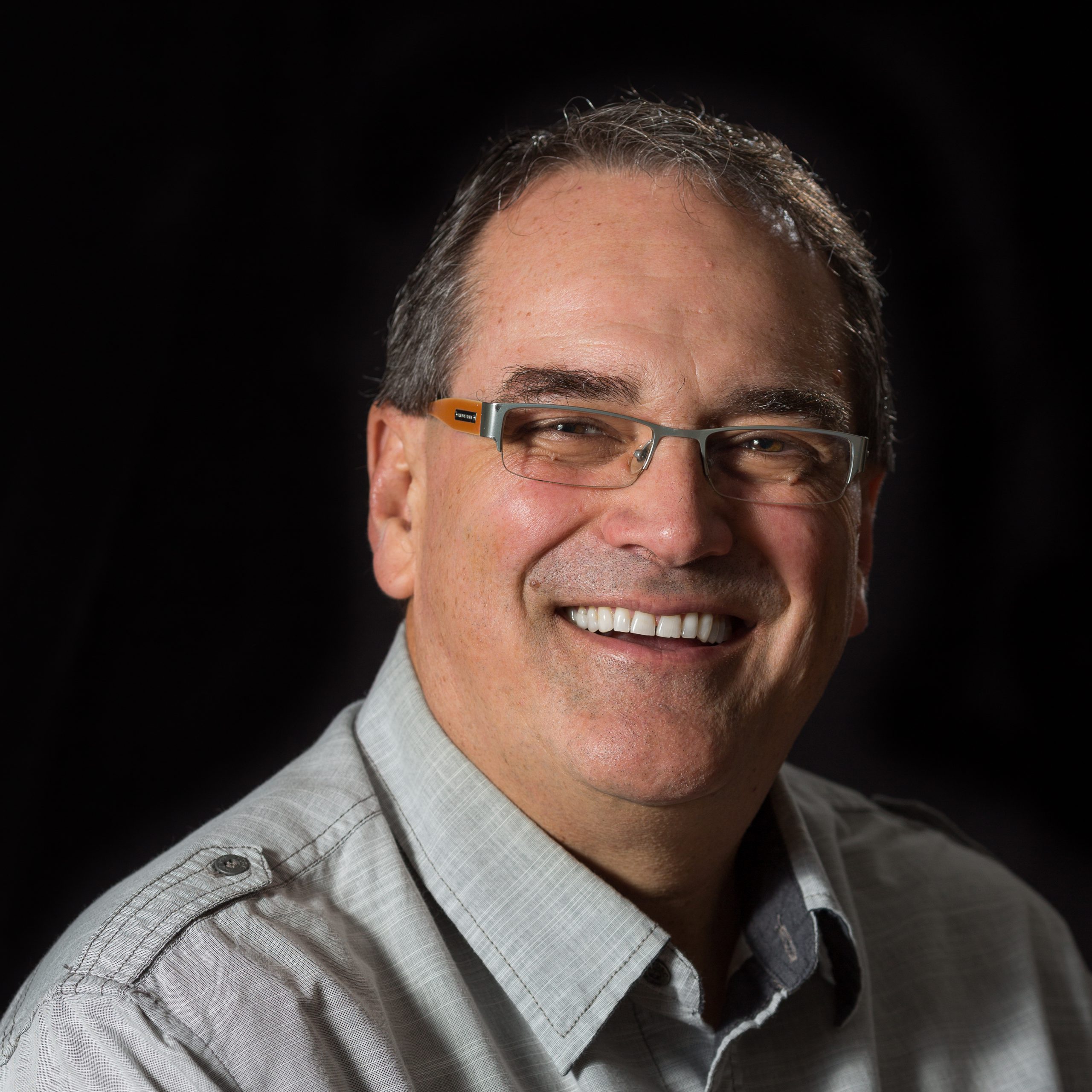We are accustomed to the way things work in the local church. We have our regular rhythms of holidays, kick-offs, events and programs. We are quite comfortable with the way things have been done for decades. Yet, for many congregations these patterns are no longer bearing fruit, and they have slipped into decline. This reformation model of church we have used for the past 500 years is waning.
A new church planter in Seattle was struggling to get traction with his traditional gathering, and became intrigued with the dinner church vision. So our team came around him and his leaders to coach them in planting a New Passover form of church. When they were ready to launch, the pastor told us he was concerned because they only had three months worth of funding from his denomination to pay for the meals. We encouraged him to boldly start with that and see what happens. That was two years ago, and they haven’t missed a beat, not even during Covid.
They were accustomed to how money flows in traditional approaches, but did not realize the different way it flows toward a Jesus Table. The disciples stumbled over that same concern at the feeding of the 5000. In fact, they tried to talk Jesus into sending everyone home. Instead Jesus spoke those illogical words, “You feed them!” The point is this: if you have five loaves and two fish, you better get everyone seated because dinner is coming! Dinner Churches are not like other churches.
Beyond the financial difference, there is also an increased sense of divine presence at a Jesus table. We are acquainted with rooms full of the ‘alreadys’, but we are not as accustomed to what heaven does when we start filling up rooms with the ‘not-yets’. We should not be surprised by the depth of divine presence settling in on our rooms. After all, this is a New Passover in which many sacred commitments are honored.
Jesus made it clear in his parable about the lost sheep, he preferred to be with the least, the lost, the left-behind, the bruised, the broken, the banished. He delights to show up in a tangible manner to a room full of isolated people.
His heart breaks for them so he orchestrates the gathering where He binds the brokenhearted, sets captives and prisoners free, comforts the grieving and shares incredible and amazing Good News of God’s favor and love.
The theology of ‘The Divine Invite’ is at work, and we are mere observers of Jesus revealing himself to our new friends. It’s surprising, it’s powerful, and it’s beautiful to watch our secular neighbors start to call Jesus “friend” at our tables. New Passovers are unusually effective with secular peoples, which is why every church needs dinner church congregations on their list of ‘weekly gatherings’.
If we are going to do church in the form of the Apostolic Era, we might want to consider the spiritual content which was their core focus. They were electrified by the life of Jesus, and told his stories over and over again. This was talking points and preaching themes, the very foundation they laid out and on which they built the community of faith.
It is true, they had the pentateuch, the prophets, the wisdom literature like the Psalms. They commingled those when they were preaching to the Jewish crowds. But when Paul got the gospel ready for the gentiles, he ceased using Jewish history to explain the Kingdom of God. It made no sense to the non-Jewish people’s. So, the stories of Jesus became the foundational content used far and wide.
The Book of Mark is widely recognized as the writings of young John Mark who was taking notes at his mothers ‘upper room’ church as ‘pastor Peter’ brought the word week after week. Though Peter referred to the prophets while preaching his famous first sermon on the day of Pentecost, it is clear from Mark’s scripts his ongoing pattern of preaching was all about the stories of Jesus. Why? Because there was power in those stories.
Paul said as much in Romans 1:16, “I not ashamed of the gospel of Christ; for it is the power of God unto salvation…to the Jew and also the Greek.” And by ‘gospel of Christ’ I believe he meant ‘stories about Christ’. Our modernists eyes have reduced ‘the stories’ down to ‘a story’. And while that might have merit for Judeo world-view Christians, it does us well to dive into all the stories of Jesus so we can have influence with the secular world-view neighbors who fill up our Dinner Church rooms.
According to Michael Green, these Jesus stories were not dull monochromes in the apostles mouths, but rather they were a many splendored thing. As they told these stories Jesus was made real and he revealed himself to the listeners, both Jew and Greek. These stories electrified the imagination and stirred the soul. Interestingly, to focus on the kerygma (the stories of Jesus) has the same impact 2000 years later. When we regain the kerygma and start retelling these simple stories, something unexplainable begins to fill the room; Jesus is endearing himself to our guests and they appreciate it and want more.
When Jesus was on earth he adopted a strategy of healing people by day and having dinner with sinners by night.
Tweet this.
Almost everyone recognizes the centrality of healing in the Jesus’ regular activity. Interestingly, in this day in which the Jesus Table is re-birthing, we are also watching the ministry of healing rebirth as well.
If you are in the Jesus Table business, you are also in the healing business. Jesus the Healer lives within each of us.
We cannot sit around tables with broken people and not have Jesus breathe healing upon our newfound friends. Even people who have not held tightly to the theology of healing, nor practiced healing in their faith tradition are experiencing healing grace occurring in their midst.
Some years ago I was in a coffee shop in Seattle talking to one of our guests. He was frustrated that day. I asked him, Why? He shared, his friend won’t walk away from heroin. He went on to say he had tried to tell his friend how to kick the drug, but his friend wouldn’t even try. I was intrigued. I asked him how he kicked heroin, he looked blankly at me, even confused. Then he said, You guys did it. I asked how we did it when we didn’t even know he had a drug problem. He stated, Every time I come into your dinner rooms, the heroin voice goes away. It cannot follow me into your rooms. Then when I leave it takes three days for the voice to find me again. So whenever it would start, I would only have to refuse it until five o’clock, and find my way to the place where you are having Dinner Church that night, and I’ll be free. After a few months of this the voice left me altogether and hasn’t been back.
I was stunned. We were bringing healing to more people than we realized. As it turns out, Jesus Tables and Healing are re-birthing together, with or without our intention. If Jesus is present, then Jesus the Healer is present. Conrad Gempf says, “Jesus still visits earth at dinnertime.” To which I’d add: Jesus the Healer still visits earth at dinnertime.



